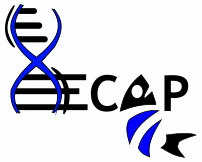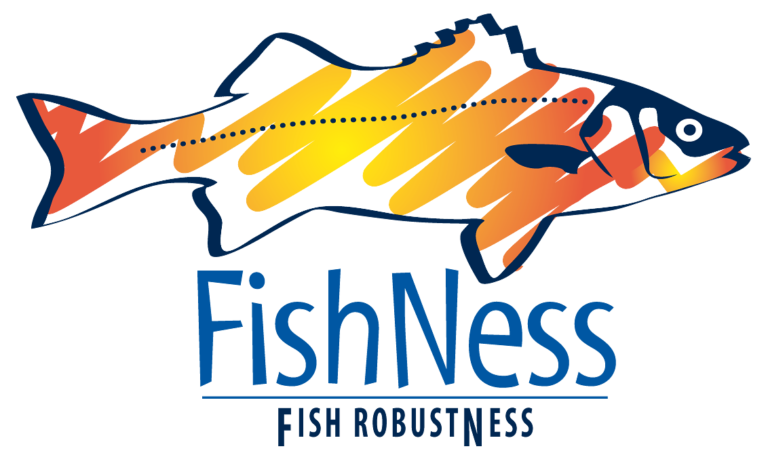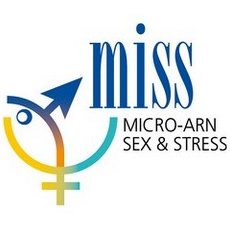Natural floating objects, like tree debris (logs), constitute an essential component of the marine pelagic habitat. Extreme weather events and changes in tree coverage induced by global change can have strong impacts on their number, and thus on the hundreds of marine species that associate with them. Since the ‘90s, fishermen also contributed to increase significantly the number of floating objects by introducing thousands of man-made Fish Aggregating Devices (FADs) to improve their catches. Currently, little is known on the type and number of floating objects found at sea and on the impacts of global change on their distribution. This knowledge is key to evaluate the effects of the introduction of artificial FADs on marine ecosystems. The objective of the project is to fill this gap of knowledge. Combining original, interdisciplinary research actions merging forest ecology, marine and fisheries science, the project will provide novel insights on the impacts of global change (including tropical tuna fisheries) on the marine pelagic habitats and marine species that associate with floating objects.
Floating objects in the open ocean: unveiling modifications of the pelagic habitat induced by global change
















































